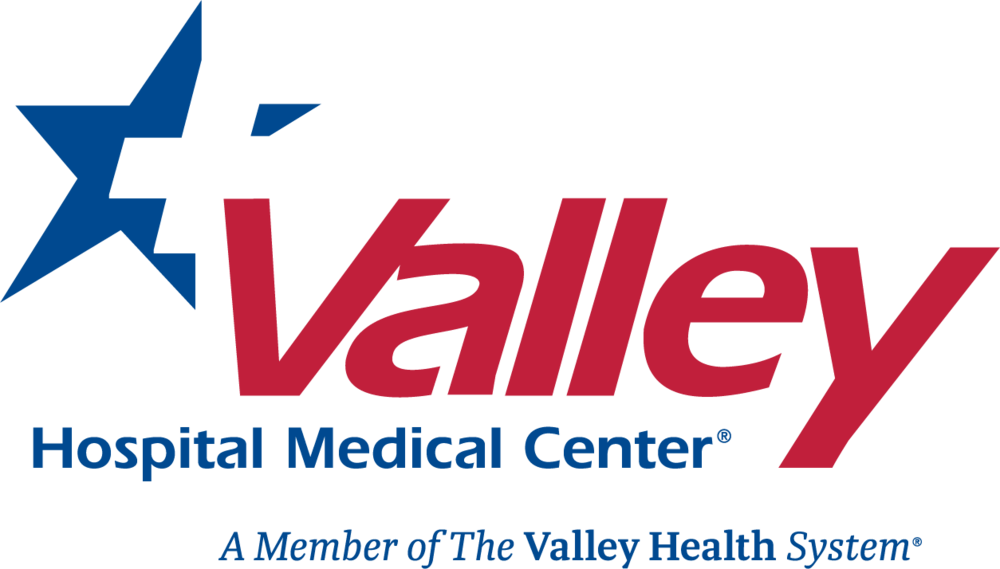FibroScan Liver Technology
Valley Hospital Medical Center is proud to offer FibroScan®, today’s latest technology for quickly and painlessly evaluating liver health.
What is FibroScan?
An examination with FibroScan is a painless way to understand your liver health. When performed as part of an overall evaluation, FibroScan provides valuable information for healthcare providers that might otherwise only be available from a liver biopsy.
The FibroScan examination is painless, quick and easy.
FibroScan non-invasively measures the stiffness of your liver by capturing and calculating the speed of a shear wave as it travels through the liver. This detection of stiffness may be used as an aid to clinical management of liver disease. During the scan, you will only feel a slight vibration on the skin at the tip of the probe.
How is a FibroScan examination performed?
You lie on your back with your right arm raised behind your head. The operator applies a water-based gel to the skin and positions the probe adjacent to your liver. The operator then scans your liver to capture 10 meaningful measurements made at the same location. The result is delivered at the end of the examination as a number in “kilopascals” (kPa.) Your doctor will interpret the result in conjunction with other information from your overall examination.
Will I be comfortable?
Yes. The exam is painless and non-invasive. It’s also easy and fast, usually taking 5 to 10 minutes.
How long does it take to see results and what do the results mean?
FibroScan provides immediate results to the operator. Your physician then interprets the results according to your history and underlying disease.
How should I prepare for my examination?
It is important to have your FibroScan examination on an empty stomach. Do not eat anything for at least three hours prior to your examination. Wear comfortable clothes that will allow access to the right side of your rib cage. It is important to tell your healthcare provider if you are pregnant, or if you have any active implantable devices, such as pacemakers, defibrillators or pumps.
If you need a referral to a physician at Valley Hospital, call our free physician referral service at 800-879-0980.
Why have a FibroScan exam?
There are several things that can harm the liver, including:
- Medications – Acetaminophen (Tylenol®) is usually well tolerated at prescribed doses, but overdose is the most common cause of drug induced liver disease and acute liver failure worldwide.
- Some herbal and alternative remedies – These include Blue-green algae, Borage, Bupleurum, Chapparal, Confrey, Dong Quai, Germander, Jun Bu hua, Kava Mistletoe, Pennyroyal, Sassafras, Shark Cartilage, Skullcap and Valerian.
- Infections that affect the liver – Inflammation of the liver (Hepatitis). Common causes are the viruses Hepatitis A, B, C.
- Non-Alcoholic Fatty Liver Disease – Fatty liver disease affects approximately 20 percent of the population worldwide and is commonly seen in people with diabetes and obesity. People with fatty liver disease may progressively damage their liver to an extent that requires a liver transplant.
- Abuse of alcohol – This is the most common cause of cirrhosis in the Western world and represents one of the ten most common causes of death.
-
Liver damage – If the liver sustains damage from any cause, normal liver tissue can become:
- Fatty (steatosis)
- Fibrous (fibrosis)
- Scarred (cirrhosis)
Symptoms of liver damage can include fatigue, loss of appetite, nausea and vomiting, fever, itchy skin, abdominal pain, jaundice (yellowing of the eyes and skin), dark urine and pale stools.

